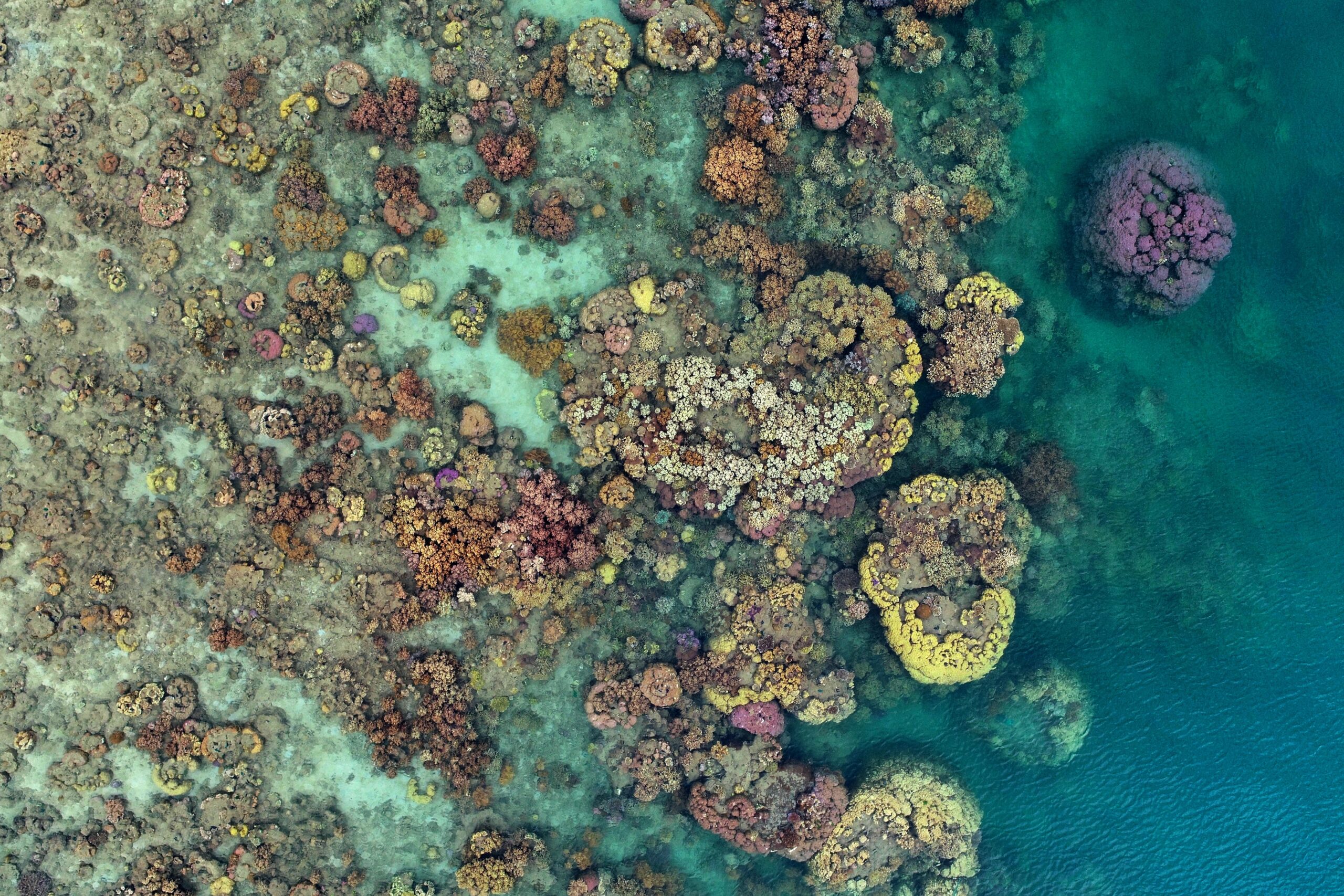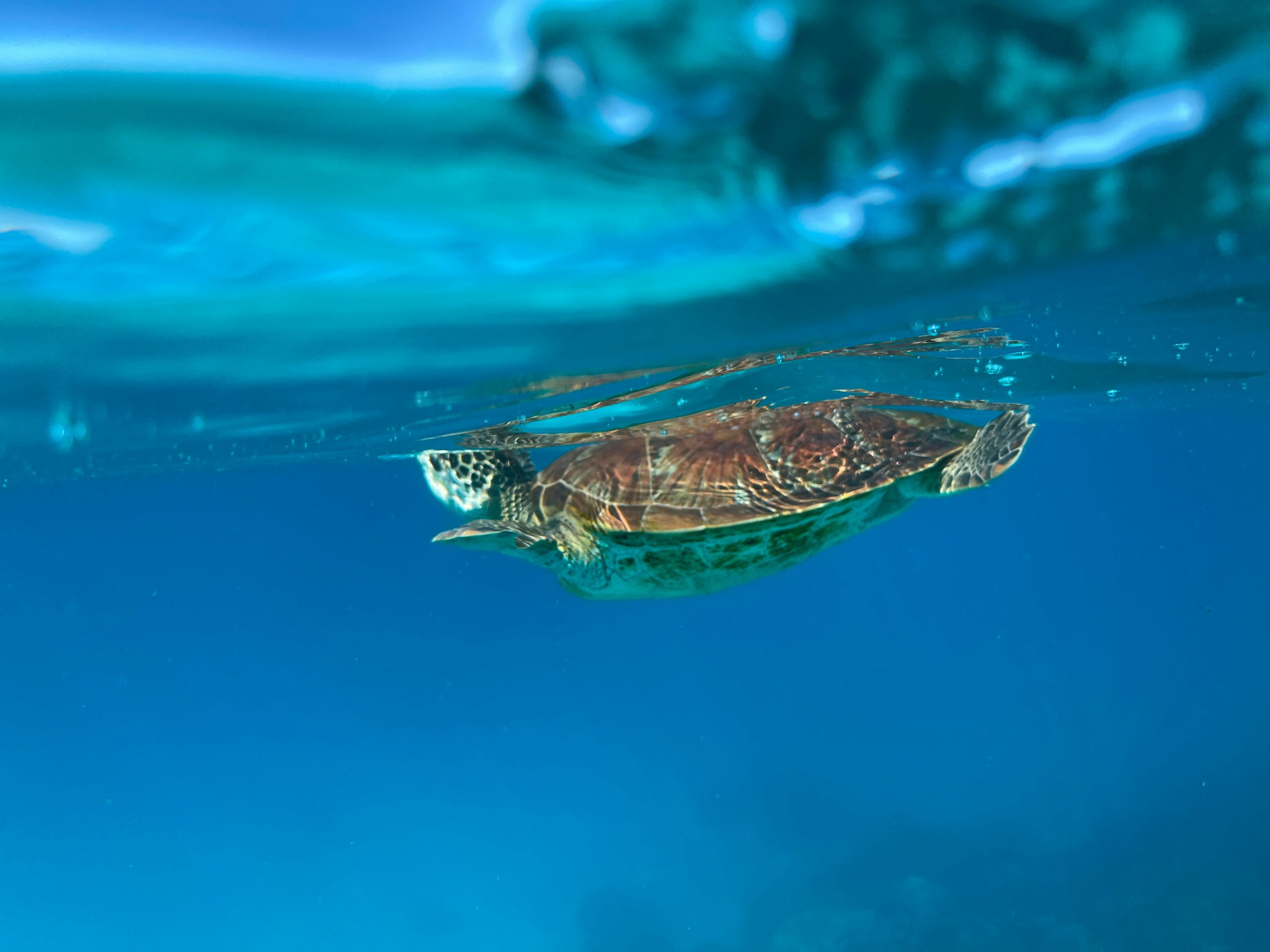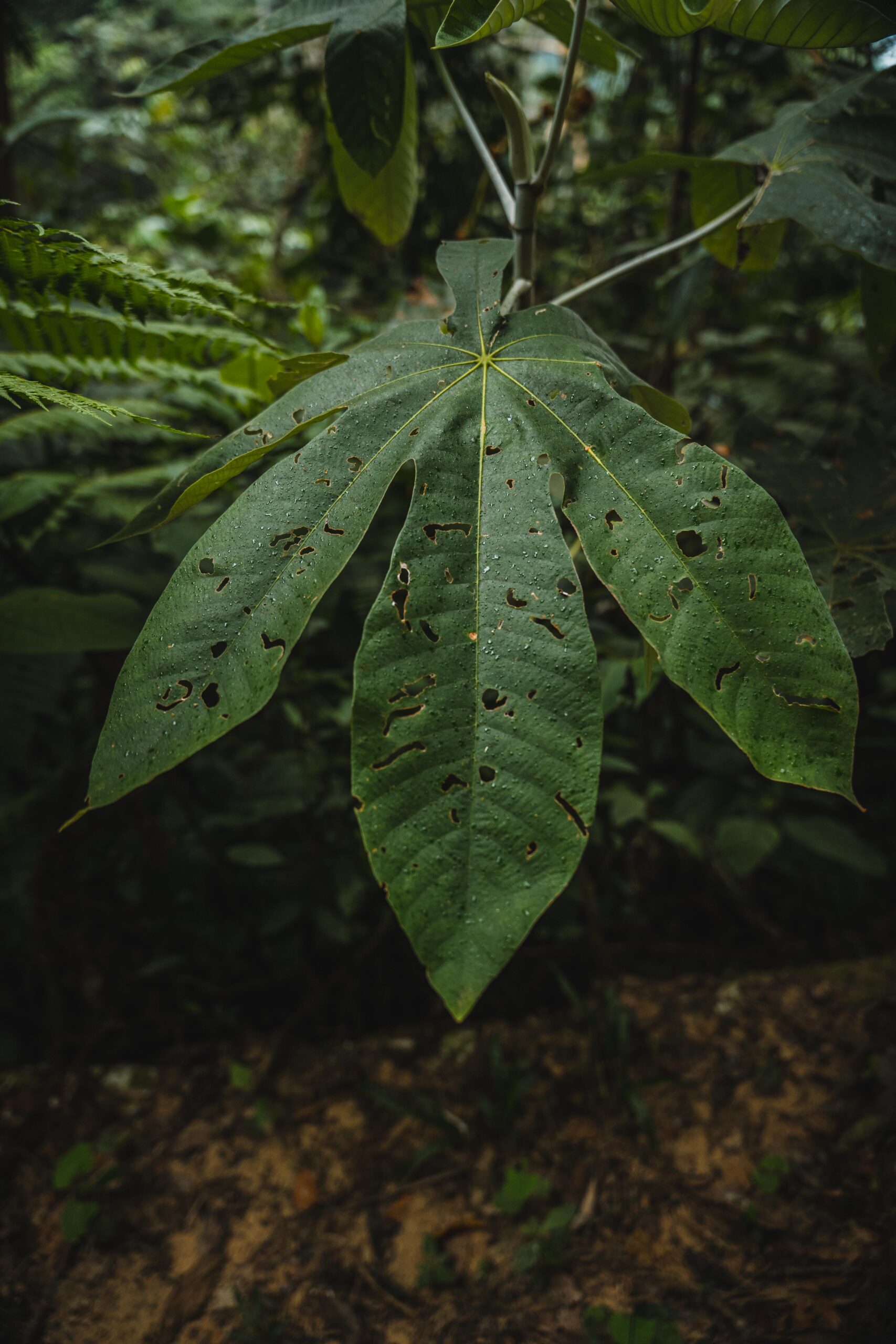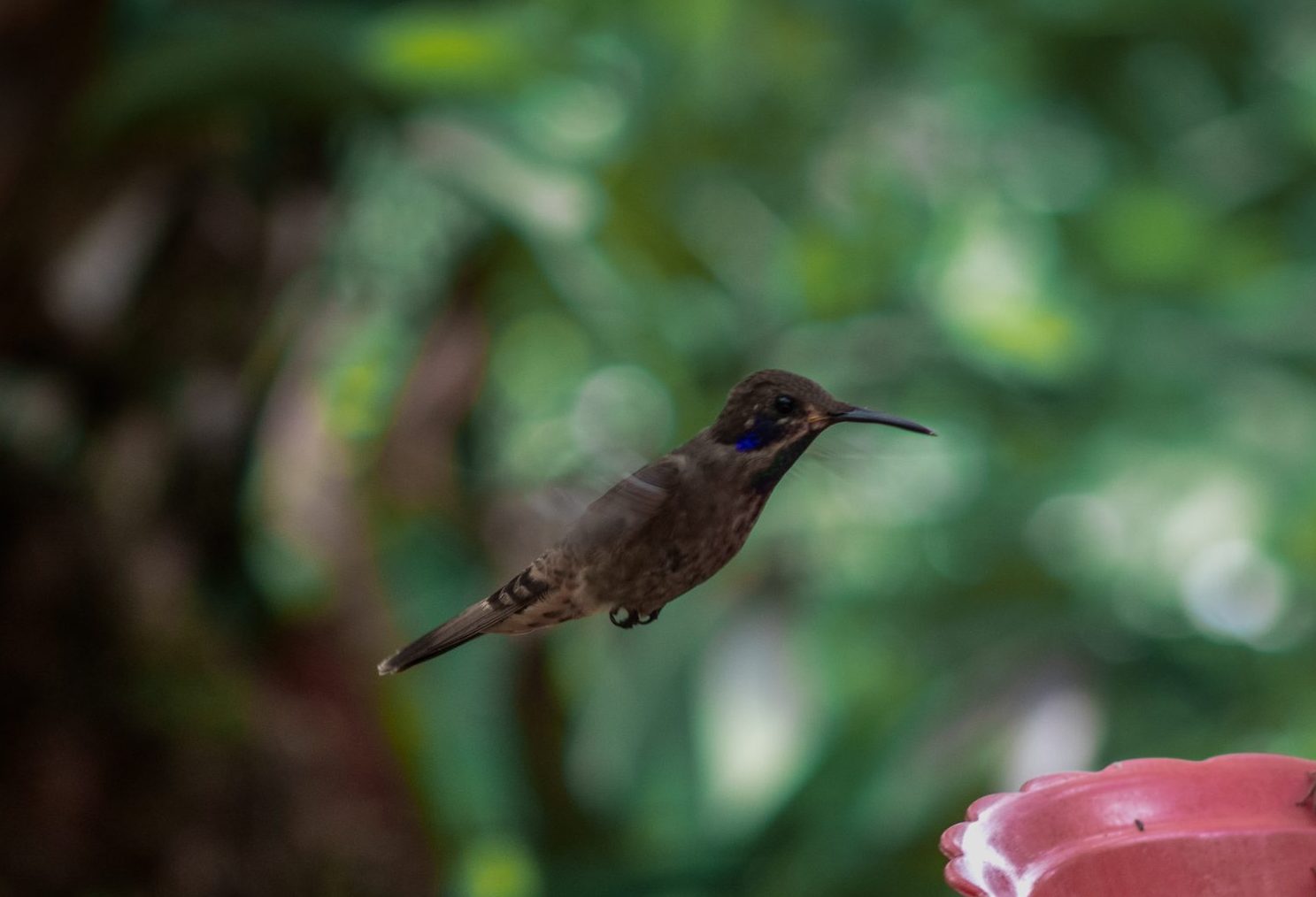Climate Week NYC 2025 kicked off as the largest on record, with over a thousand events across the city drawing governments, financiers, NGOs, and communities into a shared conversation: Power On — how do we accelerate the transition to a cleaner, fairer future?
The Lovejoy Prize was awarded to Martín von Hildebrand, who has spent 50 years defending Indigenous peoples’ rights and advancing the conservation of the Amazon rainforest. And on 25 September, the Taskforce on Nature-related Financial Disclosures (TNFD) released its first Status Report — a snapshot of how far business and financial institutions have come on nature and how far we still have to go.
None of this is happening in a vacuum. 2025 is the year countries submit the next round of Nationally Determined Contributions (NDCs) under the Paris Agreement to be considered and debated at COP30 in Belém this November. Conversations about recognition of Indigenous Peoples, local communities and Afro Descendent rights and policy safeguards are maturing, but the ‘how this happens in practice’ conversation must catch up.
A brief personal note
When Pollination Foundation co-CEOs, Ari and Jane met in 2014, they were on a study tour looking at examples of nature finance. The challenge was to find new forms of finance to flow directly to communities protecting, regenerating and stewarding nature. Back then, early carbon market revenue was starting to flow – providing new sources of finance. While there have been some successes, such as the Indigenous savanna carbon industry across northern Australia, replicating and scaling community-led solutions and generating demand for community-led nature finance solutions continues to be a challenge.
Disclosure is progress, but delivery means outcomes
Corporate and financial disclosure frameworks are bringing to light how businesses are dependent on nature. Sustainability teams in leading companies are tracking back through supply chains to understand business dependencies and impacts on nature. The data is changing how leaders think about nature risk and opportunity.
This approach isn’t new. The framework developed by the Task Force on Climate-related Financial Disclosures (TCFD) in 2015 has been integrated into sustainability and climate disclosure standards, including those issued in 2023 by the International Sustainability Standards Board (ISSB).
Momentum for nature is building. Hundreds of businesses and financial institutions have signed on to the Taskforce on Nature-related Financial Disclosures (TNFD) recommendations which will inform future biodiversity standards. These are all strong signals of mainstream recognition that business and finance sector resilience depends on nature’s resilience. That’s vital progress.
However, these disclosures do not, on their own move money to nature. Today, only around 10–17% of climate finance directly reaches the local level where resilience is built and ecosystems are stewarded. The result is a pipeline problem with an underfunded middle – a wilderness gap between early project feasibility and bankable deals. So, there may be funding for governance and project preparation in the “seed stage,” but no bridge between these early wins and capital stranded at the top of the funnel waiting for investible derisked project opportunities.
If Climate Week and COP30’s big conversations are to matter in our desert rangelands, tropical forests, mediterranean habitats or coral reefs, we need mechanisms that convert boardroom awakenings into place-based economies* — living systems of Indigenous land and sea stewardship, community-owned enterprises, and diversified revenue that keeps nature healthy and people thriving.
What this means in practice
- Centre Indigenous Peoples as primary partners. Every pipeline starts by resourcing Indigenous governance, community consent processes, capability uplift and pathways to Indigenous leadership and equitable joint venture partnerships.
- Align timelines and incentives across sectors. Translate needs and offerings between Indigenous Peoples, investors, government, business and philanthropy, creating the readiness and trust that our research shows are currently missing.
- Mobilise the right type of capital at the right time. Build regional hubs that connect seed stage grants to scale stage debt/equity investments, so communities don’t burn precious capacity hunting within fragmented networks for funds.
- Pollinate what works. Publish and amplify practical tools and case studies so others can replicate what works with integrity and speed.
At Pollination Foundation, our goal is to flow ~USD $500 million per year directly into nature solutions with Indigenous leadership and equitable partnerships at the heart by 2030. If our vision resonates with you — place-based, enduring, equitable partnerships with Indigenous leadership at the heart — let’s connect.
*What do we mean by “place-based nature economies”?
A place-based nature economy is not a single project. It’s a locally-led ecosystem of enterprises rooted in Country, land or seascape. Income may come from many streams — nature credits (biodiversity, water, resilience), regenerative food production, restoration services, tourism, and/or outcome-based contracts. The economy is governed locally — often financed with a mix of grants, concessional (low-cost) and commercial capital — and measured with community-owned data.
This shift in reimagining local economies aligns with the Kunming-Montreal Global Biodiversity Framework and TNFD’s focus to bring nature onto balance sheets — but the real test is whether finance reaches people with the rights, knowledge and proximity to deliver outcomes.





